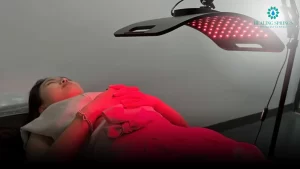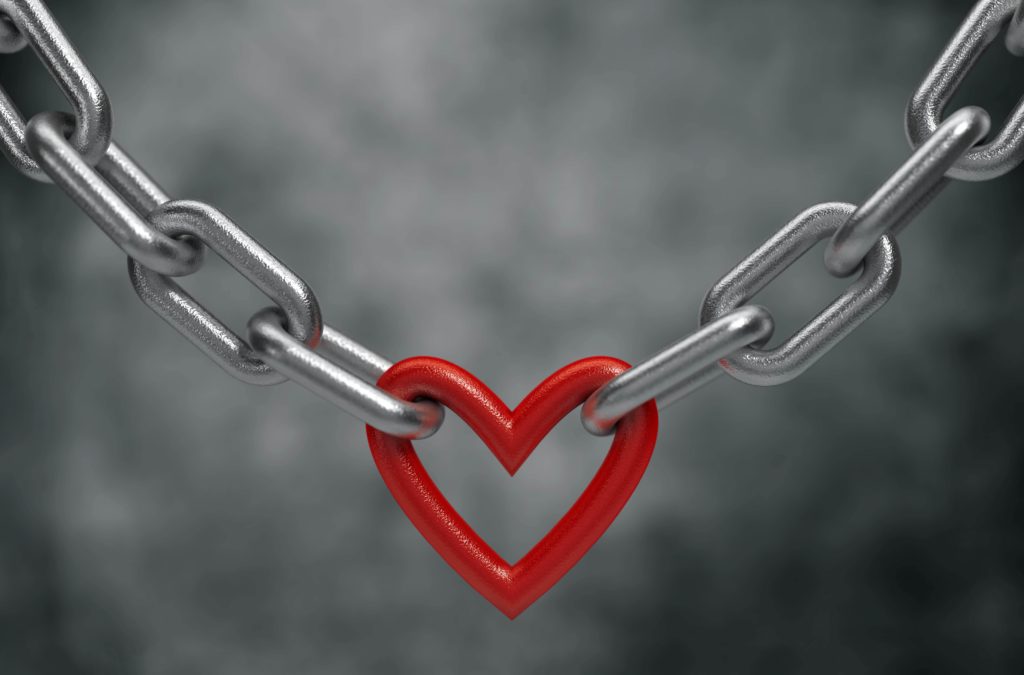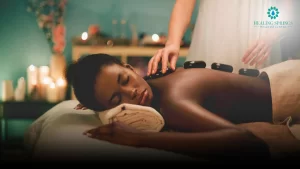
Red Light Therapy Benefits: Top Uses for Anti-Aging, Healing & Recovery
Explore red light therapy benefits for anti-aging, pain relief, muscle recovery, healing, and skin rejuvenation backed by science.
Negative relationship patterns can make you feel like you’ll never find true and lasting love.
A lie that is deeply rooted in your subconscious but keeps manifesting in your choice of a partner.
Let’s get one thing out of the way – you are worthy of love despite the dysfunctional relationships you’ve been in. Your worthiness of love isn’t tied to how bad or good your relationships have turned out. One thing can change though; how you show up in these relationships.
How self-aware are you? Are you accepting of your strengths and weaknesses?

These two questions matter because recognizing negative relationship patterns in yourself calls for a lot of self-compassion. It’s not easy to admit to yourself that you keep attracting emotionally unavailable partners or narcissistic ones. Even acknowledging that you fall in love with the same type of person can dent your self-esteem and affect how you perceive love.
The good news is that you can break those negative relationship cycles you keep finding yourself in.
1- Self-sabotage
What it looks like: Getting in the way of your happiness, success, love, and wellbeing. Self-sabotage can also be focusing on what’s wrong with the relationship, shutting your partner out, not asking for help, leaving at the first sign of disagreement, or doing things that will automatically end the relationship or cause the other person to opt-out.
What to do about it: Healing self-sabotage starts with healing your core beliefs about your identity and self-esteem. You do this by affirming your worth through positive affirmations, treating yourself with kindness and compassion, and improving on your strengths and weaknesses. Examine the values and beliefs that inform your self-sabotage. Treat yourself like a work in progress – no perfection needed.
2- Co-dependency
What it looks like: This is over-relying on your partner to meet all your emotional needs. If you’re codependent, you are either the person who needs to be needed in a relationship or the one who encourages neediness. Codependence is characterized by insecurities, people-pleasing, low self-esteem, lack of boundaries, excess worry for others, and compromising one’s values to please others.
What to do about it: Codependency can be broken by prioritizing yourself. Before you get into a relationship, date yourself – get to know who you are and practice being comfortable by yourself. Have a life and identity outside your relationship by making time for your other relationships, having hobbies, and practicing self-care (nutrition, rest, and exercise). Shift the focus inwards before worrying about other people’s needs. Focus on YOU, your decisions, and what you can control. Reclaim the power and energy that you’ve given other people and turn it inward.
3- Ignoring red-flags
What it looks like: These are signals that there’s something that’s off about someone – they could be clear as day or just from your intuition. They make you question the character of the person or the relationship. Examples of red flags are controlling behavior, dishonesty, disregard for boundaries and your needs, manipulation, moving too fast into the relationship, poor emotional management, abuse or violence, and clashing personal values.
What to do about it: Don’t commit if you have doubts about the person or the relationship. Give the connection time to mature and for you to evaluate if it’s a relationship worth getting into.
In cases of abuse or if you feel unsafe, it’s okay to exit without an explanation. If you’re genuinely interested in someone and you notice a red flag, gently talk to them about it. Don’t attack them with an interrogation because they could get defensive too quickly.
You can use these phrases, “Kindly repeat your thoughts about _____, I’d like to understand you better” or “Yesterday, this happened and it made me feel ____” or “Correct me if I’m wrong about this but you saying/doing ____ gives off the impression that _____”

If you’re currently struggling to break free from negative relationship cycles, therapy is a great place to start. At Healing Springs Wellness Center, we will help you identify these patterns in yourself and then work with you towards healing.
Please reach out to us to schedule your counseling sessions.

Explore red light therapy benefits for anti-aging, pain relief, muscle recovery, healing, and skin rejuvenation backed by science.

Learn the meanings, uses, and healing power of Reiki symbols, how they work, and why they enhance energy healing practices.

Discover how hot stone massage works, its benefits, who it’s best for, safety tips, and what to expect from this deeply relaxing therapy.

Learn how IFS therapy works, its benefits, techniques, and real-world uses. Discover how ifs therapy helps heal trauma, anxiety, and inner conflict.